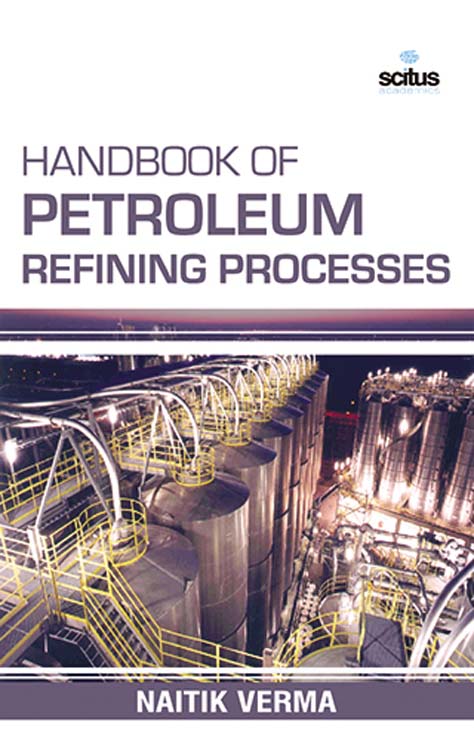Fundamentals of Petroleum Refining present the fundamentals of thermodynamics and kinetics, and it explains the scientific background essential for understanding refinery operations. The text also provides a detailed introduction to refinery engineering topics, ranging from the basic principles and unit operations to overall refinery economics.
The book covers important topics, such as clean fuels, gasification, biofuels, and environmental impact of refining.
Petroleum refining is a unique and critical in the petroleum supply chain, from the wellhead to the pump. The other add value to petroleum mainly by moving and storing it (e.g., lifting crude oil to the surface; moving crude oil from oil fields to storage facilities and then to refineries; moving refined products from refinery to terminals and end-use locations, etc.). Refining adds value by converting crude oil (which in itself has little end-use value) into a range of refined products, including transportation fuels. The primary economic objective in refining is to maximize the value added in converting crude oil into finished products.













